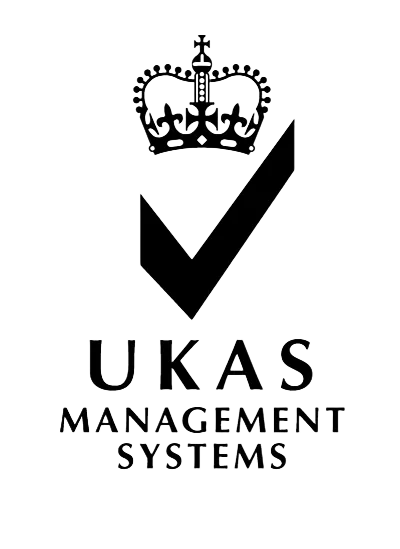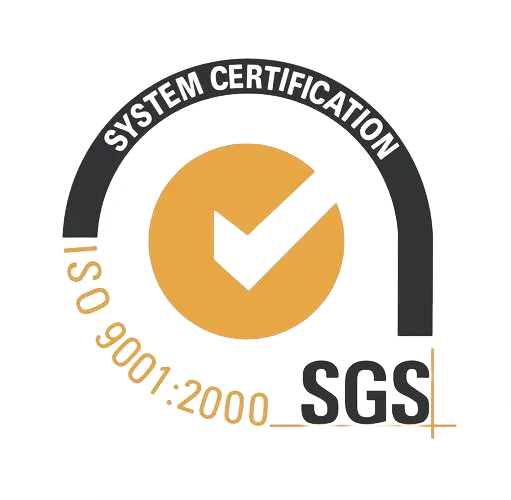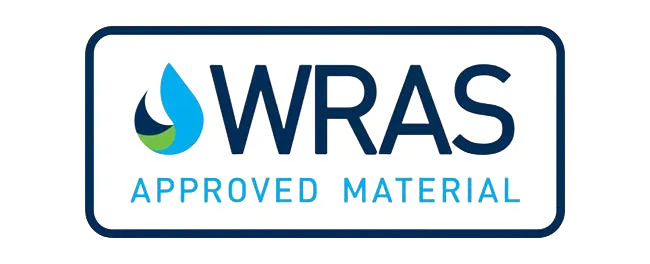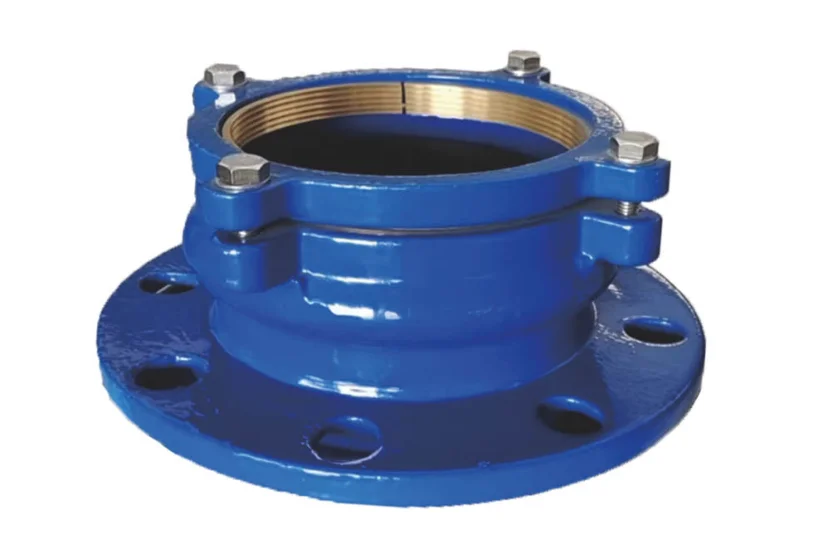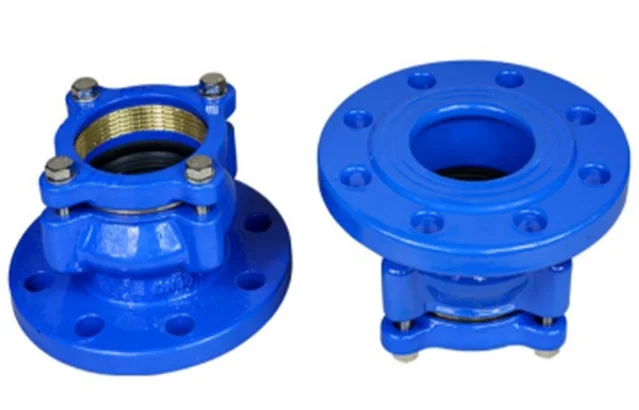Applications courantes des adaptateurs de bride dans les pipelines industriels
Cas d'utilisation typiques dans les systèmes d'approvisionnement en eau et de drainage
Adaptateurs de bride sont très importants dans les systèmes d'eau aujourd'hui. Ils font des connexions fortes et pliées entre des tuyaux de différentes matières ou tailles. Ces outils pratiques résolvent de petits problèmes d'alignement ou manipulent les tuyaux s'étirant quand il devient chaud ou froid. Cela réduit la tension sur les tuyaux. Ils sont vraiment utiles lors des corrections ou des mises à niveau. Par exemple, vous pouvez relier des tuyaux en fer ductile à ceux en PVC ou en acier sans changer l'ensemble de la configuration.
Les tuyaux en fer ductile sont parfaits pour déplacer les eaux souterraines. Ils résistent à la rouille et restent durs. Ainsi, les adaptateurs de bride sont parfaits pour joindre ces tuyaux robustes dans de plus grands réseaux avec d'autres matériaux.
Rôle des adaptateurs de bride dans les réseaux de distribution de gaz et de pétrole
La sécurité est une question importante dans les gazoducs et les oléoducs. Le contrôle de la pression compte aussi. Les adaptateurs de bride créent des joints serrés et sans fuite entre les tuyaux en acier à haute pression. Ces réseaux transportent souvent des objets sur de longues distances. Les adaptateurs supportent des tensions difficiles et permettent un enlèvement facile lorsque nécessaire.
Les tuyaux en acier sont les meilleurs choix pour les systèmes de gaz car ils sont super forts et peuvent supporter une haute pression. Adaptateurs de bride en fonte fonctionnent bien avec ces tuyaux en acier. Ils maintiennent tout solide, même dans des conditions difficiles.
Importance dans les installations de chauffage et de traitement chimique
Les systèmes de chauffage et les usines chimiques font face à des températures élevées ou basses et à des substances dures. Les adaptateurs de bride en fonte sont géniaux ici parce qu'ils restent stables à la chaleur et résistent aux dommages chimiques.
Les tuyaux en fer ductile ne rouillent pas facilement. Leur mélange fer-carbone forme un bouclier à la surface. En combinaison avec des adaptateurs de bride en fonte, ces systèmes durent plus longtemps et nécessitent moins de réparations.
Caractéristiques principales et avantages d'un adaptateur de bride en fonte
Durabilité et résistance à la corrosion des matériaux en fonte
Le fer de fonte est vraiment dur. Il supporte l'usure, assume une haute pression et dure pendant des années. Un grand plus est sa résistance à la rouille. Le carbone en fonte forme une couche de graphite. Cette couche protège le métal de la rouille. Donc, les adaptateurs de bride en fonte sont idéaux pour les installations souterraines ou les endroits avec des choses difficiles comme l'eau salée ou les eaux usées.
Compatibilité avec divers matériaux et tailles de tuyaux
Une bonne chose à propos des adaptateurs de bride en fonte est la façon dont ils connectent différents tuyaux, comme le fer ductile, l'acier, le PVC ou le cuivre, sans gâcher les performances. Les raccords de démontage sont super flexibles et fonctionnent avec toutes sortes de tuyaux. Que ce soit en acier, en PVC ou en fonte, il y a un raccord qui convient. Cela facilite la mise à jour des anciens systèmes ou la croissance des réseaux sans recommencer.
Capacités de gestion de la pression pour les systèmes haute performance
Les adaptateurs de bride en fonte sont conçus pour gérer les grandes pressions. Ils fonctionnent parfaitement dans les lignes d'eau urbaines ou les systèmes de gaz industriels. Ils maintiennent les joints serrés, même lorsque la pression saute ou que le sol se déplace. Le fer ductile a une résistance à la traction de 60 000 à 120 000 livres par pouce carré (PSI). Cette résistance maintient les connexions en sécurité lors de pics de pression soudains ou de mouvements de terre.
Lignes directrices d'installation pour des performances optimales
Étapes de préparation avant l'installation d'un adaptateur de bride
Une bonne installation commence par une préparation soigneuse. Nettoyer les extrémités des tuyaux pour enlever la saleté ou la rouille. Assurez-vous qu’ils sont coupés droit. Vérifiez que l'adaptateur de bride en fonte correspond à la taille et aux besoins de pression du tuyau. En outre, vérifiez les joints pour détecter des défauts et utilisez le bon lubrifiant si le fabricant le dit. Ces étapes arrêtent les fuites pendant l'utilisation.
Techniques d'alignement appropriées pour prévenir les fuites et les défaillances
Obtenir les tuyaux alignés correctement est super clé. Un mauvais alignement peut stresser l'articulation, provoquant des ruptures ou des fuites plus tard. Utilisez des outils pour maintenir les brides centrées avant de serrer les boulons. Marquer les trous des boulons à l'avance peut rendre les choses plus lisses sur le terrain.
Réglages de couple et séquences de serrage des boulons
Après l'alignement, serrez les boulons lentement dans un motif croisé, comme en mettant sur des écrous de roue de voiture. Cela répand la pression uniformément sur le joint. Suivez toujours les règles de couple du fabricant. Serrer trop peut écraser le joint, tandis que trop peu peut provoquer des fuites. Les deux blessent la force de l'articulation au fil du temps.
Choisir le bon adaptateur de bride en fonte pour votre projet
Facteurs à considérer en fonction des exigences de la demande
Choisir le meilleur adaptateur de bride en fonte signifie regarder quelques choses. Pensez à la pression du système, au type de fluide (comme l’eau propre ou les produits chimiques durs), à la température, aux matériaux des tuyaux, à l’endroit où il est installé (au-dessus ou sous le sol) et à toutes les règles que vous devez suivre. Lorsque vous choisissez des tuyaux en fonte ou en acier, prenez en compte votre budget, l'environnement et ce que les tuyaux doivent faire.
Dimensionnement, pression nominale et types de connexion expliqués
Les adaptateurs de bride sont disponibles dans des tailles allant de DN50 à DN1200 ou plus grandes, en fonction du travail. Les classes de pression vont de PN10 à PN25 ou plus, selon le système. Les types de connexion comprennent la face plate (FF), la face élevée (RF), les accouplements à extrémité rainurée ou les joints mécaniques. Chacune est conçue pour des besoins spécifiques d'étanchéité, en fonction du type de fluide. Connaître cela vous aide à choisir le bon adaptateur sans gaspiller de l'argent sur les extras.
Travailler avec les fabricants pour assurer la qualité des produits
En travaillant en équipe avec des fabricants de confiance, vous assurez que vos adaptateurs répondent aux normes mondiales telles que ISO 2531 ou EN 545 pour les raccords ductiles et en fonte. Recherchez des fournisseurs offrant des tests de preuve, tels que des tests de pression hydrostatique ou des contrôles tiers avant l'expédition. Conflex Joints propose des options personnalisées pour des projets dans le monde entier, assurant une adaptation parfaite même pour des configurations difficiles (Conflex Joints Customization Service).
Comment Conflex Joints soutient des solutions d'oléoducs efficaces à l'échelle mondiale
Expertise de fabrication dans la production d'adaptateurs de bride en fonte
Conflex Joints possède plus de 15 ans de savoir-faire dans la fabrication de pièces de tuyauterie telles que des joints de démontage et des adaptateurs de bride en fonte. Leur compétence assure que chaque pièce est précise. Ils suivent des contrôles de qualité stricts, de la coulée à l'usinage et au revêtement, s'assurant que les produits sont fiables.
Services de livraison rapide et de personnalisation pour les projets d'ingénierie
Conflex Joints sait que les projets ont besoin d’un retour rapide. Ils offrent des expéditions rapides et des solutions personnalisées. Qu'il s'agisse de modifier une conception ou de construire de nouvelles pièces à partir de vos plans, ils livrent sans couper les coins sur la qualité.
Servir diverses industries à travers les continents avec des produits fiables
Conflex Joints dessert des sociétés d’approvisionnement en eau en Europe, des sociétés de chauffage en Asie-Pacifique, des sociétés pétrolières et gazières en Afrique et des usines chimiques en Amérique latine. Leurs produits fonctionnent bien dans des conditions difficiles, grâce à des conceptions solides et à un support d'expédition mondial. Conflex Joints est un fabricant de premier plan de produits de connexion et de réparation de pipelines depuis plus de 15 ans. Ils garantissent une qualité et un service rapide pour les entreprises d'eau, de chauffage, de gaz, de pétrole et de produits chimiques en Europe, en Amérique, en Amérique latine, en Afrique, en Asie et en Australie.
Questions fréquemment posées (FAQ)
À quoi sert un adaptateur de bride en fonte?
Un adaptateur de bride en fonte relie deux sections de tuyaux, souvent de matériaux différents, à l'aide d'un joint bridé. Il maintient la pression étanche dans les systèmes d'eau, les gazoducs ou les pipelines industriels tout en restant flexible.
Les adaptateurs de bride en fonte peuvent-ils gérer des applications à haute pression?
- Oui, oui. La résistance du fer ductile, avec une résistance à la traction de 60 000 à 120 000 PSI, rend les adaptateurs de bride en fonte idéaux pour les systèmes à haute pression tels que les oléoducs ou les boucles de chauffage.
Les adaptateurs de bride en fonte sont-ils compatibles avec les tuyaux en plastique ?
Totalement. Ces adaptateurs relient des tuyaux métalliques comme le fer ductile ou l'acier à ceux en plastique comme le PVC avec les bons joints, assurant aucune fuite.
Comment puis-je savoir quelle taille d'adaptateur de bride j'ai besoin?
Mesurez soigneusement le diamètre extérieur de votre tuyau. Ensuite, vérifiez les tableaux de dimensionnement de fabricants comme Conflex Joints. Ils offrent des tailles allant de DN50 jusqu’à, en fonction des besoins de débit de votre système.
Où puis-je obtenir des adaptateurs de bride en fonte fiables?
Obtenez-les auprès de Conflex Joints, un fournisseur mondial de confiance. Ils fabriquent des solutions de pipeline précises pour des industries telles que le traitement de l'eau et les réseaux énergétiques.
Prêt à renforcer la force de votre pipeline? Atteindre à Joints de conflit aujourd'hui, votre partenaire privilégié pour des solutions rapides et de haut niveau basées sur 15 ans de compétences en ingénierie à l'échelle mondiale!


